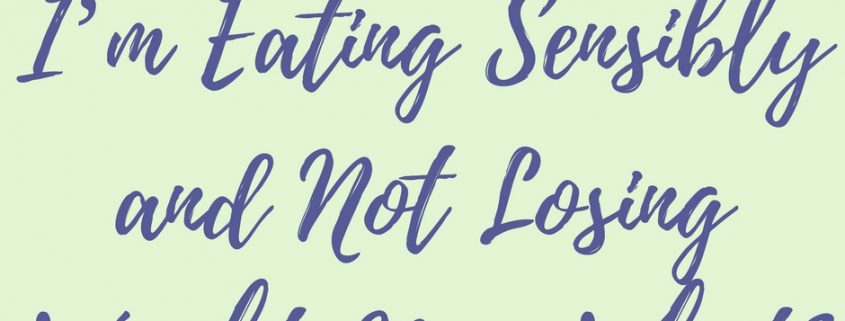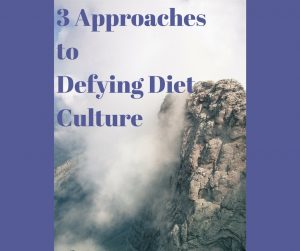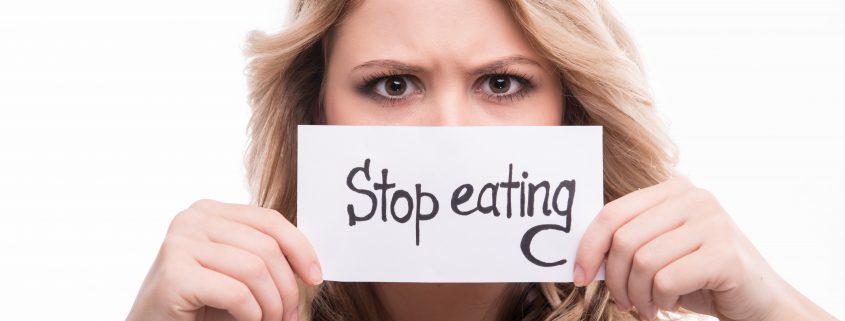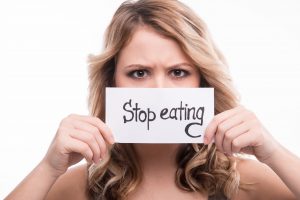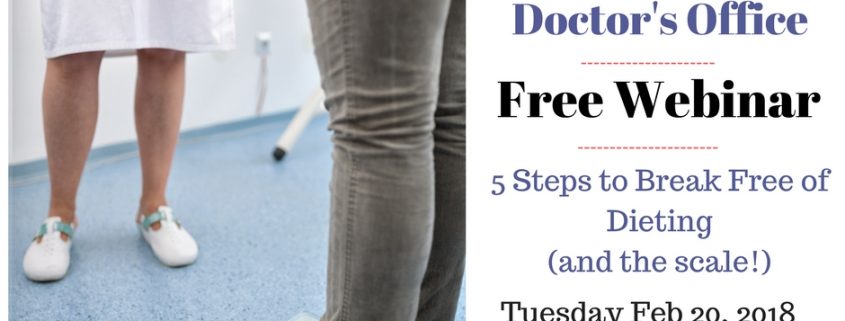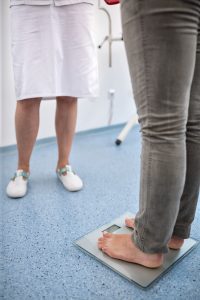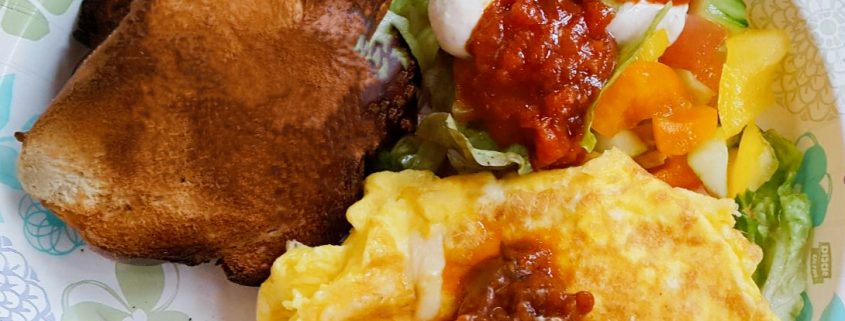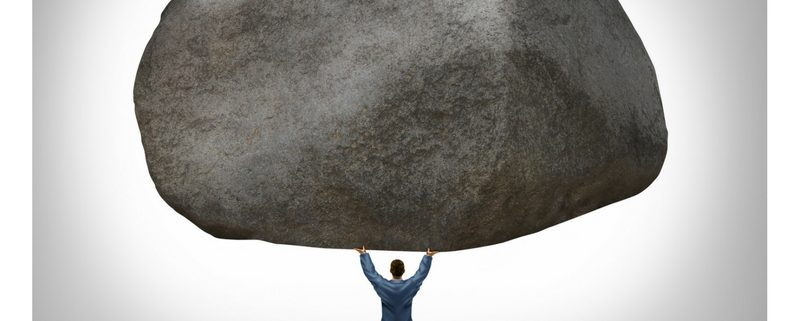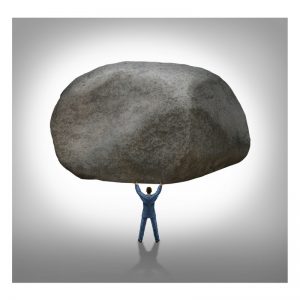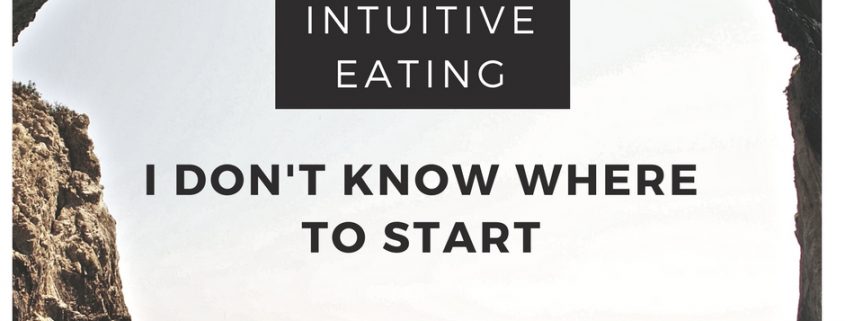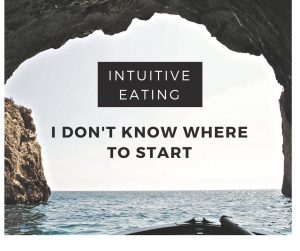I’m Eating Sensibly and Not Losing Weight, Now What?
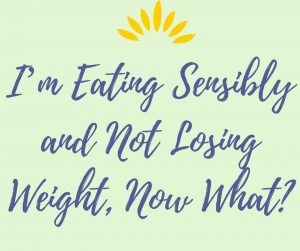 Every Wednesday is Intuitive Eating Wednesday! This is when I answer your questions and around intuitive eating and emotional eating.
Every Wednesday is Intuitive Eating Wednesday! This is when I answer your questions and around intuitive eating and emotional eating.
This week’s Intuitive Eating Wednesday Question comes from Claudia, and it is:
“What is the best approach to eating sensibly and lose weight when you are menopausal and on anti-depressant medication?”
Claudia goes on to say that she exercises regularly, eats sensibly and has “moments of weakness with sweets, but nothing alarming”. She states she wants to be healthier and is xxx pounds above her “desired” weight.
So, at quick glance, if you are a woman in menopause, you might be asking the same question. Or, if you are approaching menopause in a few years, you might be thinking “I want to know this information!”.
I’m going to break down Claudia’s question for you.
Best Approach to Eating Sensibly and Lose Weight
Claudia already says she eats sensibly. True, everybody has a different definition of “sensibly” but since this question came in via email, let’s assume it means she is eating a well-balanced meal plan.
But Claudia seems to be tying eating sensibly to losing weight. Herein is where the problem lies.
A well-balanced meal plan means eating from all the food groups throughout the day, balancing each meal and snack with a several food groups versus just eating a salad and chicken, not skipping meals, choosing wholesome foods most of the time, incorporating fun foods for pleasure, and enjoying your meals without guilt.
The problem arises If you are choosing to eat sensibly as in the above description, but it is tied to a desired outcome of weight loss. You have decided to make changes in your eating pattern to lose weight. But when habits and behaviors are changed with weight loss in mind, what happens when you don’t lose weight, or when you don’t lose weight as quickly as you’d like? Oftentimes, you are off to find a new way of eating. Those new nutrition habits get thrown out as you are saying “this isn’t working”! When in fact, you are reaping other health benefits from making these nutrition changes and eating sensibly.
Exercising Regularly
Bravo to Claudia! You are exercising on a regular basis. But let me ask you. Are you exercising with the intended outcome of weight loss? There are many benefits to exercise but all too often, those who are focused on weight loss will think in terms of calories burned and pounds lost.
What if you separated exercise from calories burned? What benefits would you experience?
Regular exercise is important for everyone, men and women of all ages. As a woman in menopause, perhaps you want to consider the type of exercise you are doing. How does it feel in your body? If you are doing the same hard-core exercises that you were doing in your 30s and 40s, maybe you want to explore a more gentle type of exercise.
Moments of Weakness with Sweets
Some people are born with a natural desire for sweets. There is nothing wrong with that. However, diet culture has you believing that sweets are “bad” and you are “weak” if you eat sweets.
I have to say – this is just not true!
Whenever you will yourself to NOT eat something you truly like, how long can that last? A few days, a week, maybe a month? And then when you do “give in”, it feels like weakness.
Shifting the way you think about sweets and how they are present in your life will make a big difference for you.
Remember, restriction is the number one predictor of overeating and bingeing.
Desire to be Healthier = Lose xxx Pounds Above Desired Weight
Claudia is not alone in thinking that to be healthier, she needs to lose weight. Heck, even doctors prescribe weight loss to their patients, repeatedly.
Why do you think doctors continue to tell the same patients at each visit “diet and lose weight?”
Because clearly diets don’t work for long-term weight loss and their patients are still struggling. So you’d think that doctors would finally get it and stop pushing weight loss as the method to “get healthier”.
Research shows that the pursuit of weight loss is not effective in the long term to manage most diseases. Study after study shows that the vast majority of people who lose weight on a diet regain that weight plus more! This weight cycling is worse on your health, than stabilizing at a higher weight.
What if you stopped pursuing weight loss and focusing on a number to improve your health?
What if instead you focused on habits and behavior changes, such as improved nutrition and increased activity (without tying it to calories or a weight on a scale!)
What if instead you focused on self-care, such as stress management and sleep hygiene?
I’ll tell you what will happen…..
You will see improvement in your health via your labs, your energy level, your stamina, your mind and so much more, without worrying about your weight. And if through this process your body happens to release a few pounds, then so be it.
Your body knows what weight and size it’s genetically predetermined to be. That number might be different that the vision (your “desired weight”) you have in your mind. But that, my friends, is for another blog.

